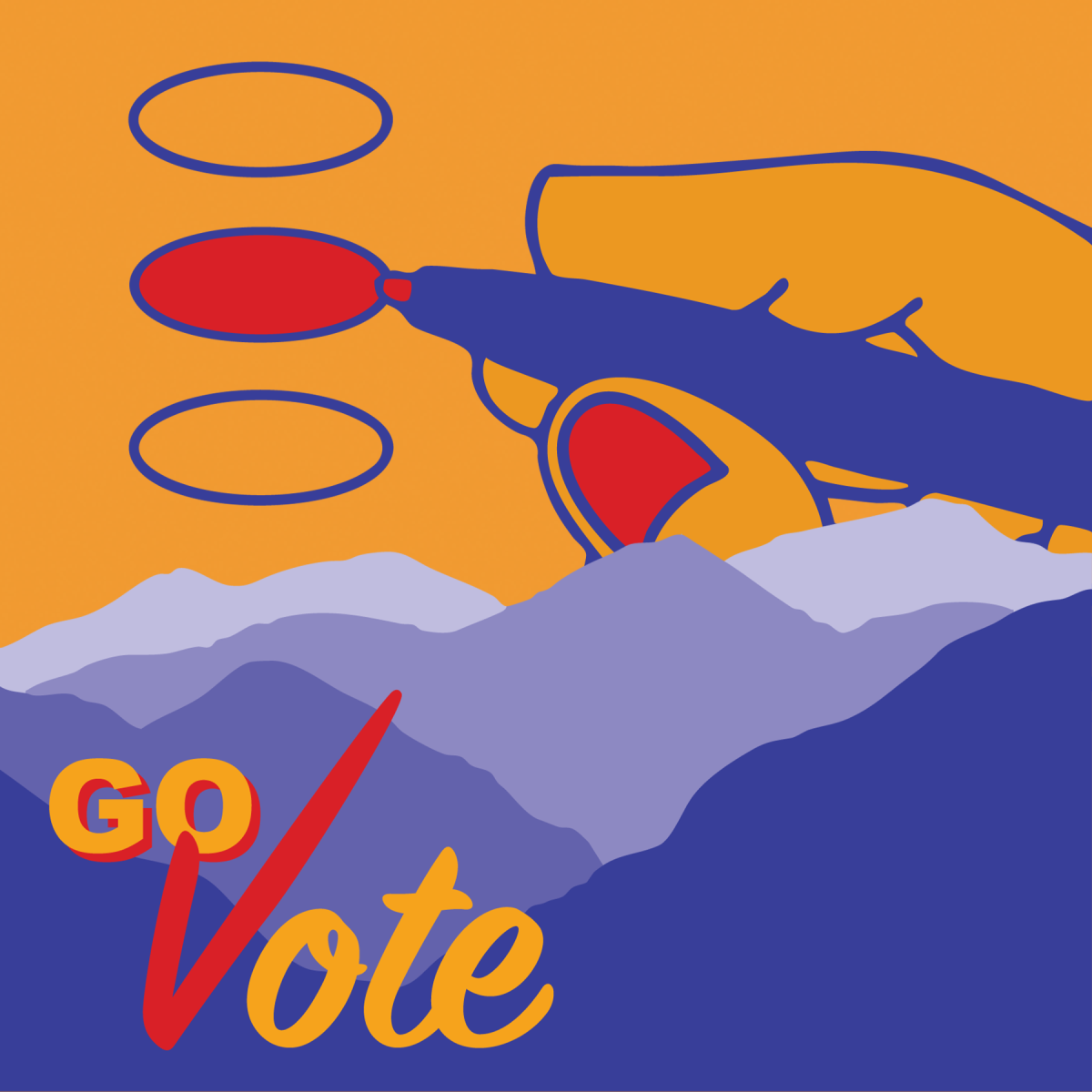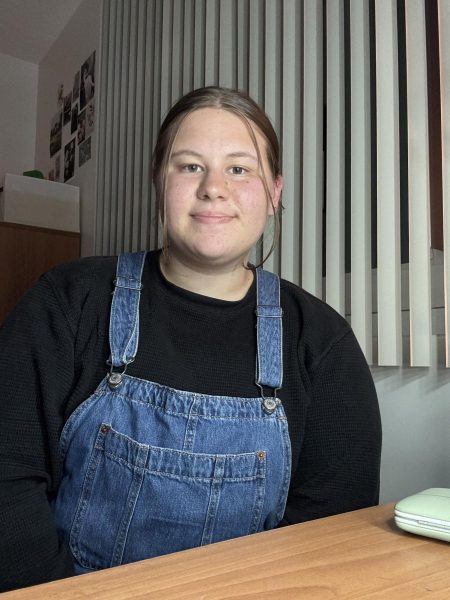Most people inherently associate the word election with federal races, such as presidential or congressional. However, local elections are what truly give citizens the power to make a difference in their communities. By voting in municipal elections, you are selecting candidates that directly impact people’s everyday lives.
Despite this fact, United States local elections have staggeringly low turnout, with an average of 20% of registered voters casting a ballot. A sample size this small is never going to be an adequate reflection of how and what community members want to change. It’s not possible to enact progress nationally if you don’t start locally.
In November 2023, the town of Boone reported that a mere 10% of local voters participated in the municipal election. In comparison, the November 2024 election, which had positions such as the Watauga Board of Commissioners, Register of Deeds and Board of Education on the ballot, saw a 73% turnout — a result undoubtedly correlated with the presidential race between President Donald Trump and former Vice President Kamala Harris.
Local elections can dictate a myriad of ordinances, including zoning laws, law enforcement policies, school curriculum and library funding. Voting provides an opportunity for constituents to elect like-minded individuals who hold the same ideologies as them. In turn, council members or commissioners can enact whatever policies the citizens believe are in the best interest of the community. While this is an idealized account of how democracy works, no change will come if everyone’s voices are not heard.
As a college student, it’s easy to experience a disconnect between feeling as tied to your college town as you do to your hometown. But, most students reside in their college town for nine months out of the year, so to a certain extent, it becomes home as well. With this in mind, what is occurring around you civically should carry weight.
In Boone specifically, issues such as the affordable housing shortage, overcrowding and infrastructure concerns directly affect App State students. It’s critical to explicitly tell your local government what needs to shift or the actions that should be taken to alleviate communal concerns.
One of the most important aspects of voting in elections is being educated on who is on the ballot and what concerns are at the forefront of their campaign. Luckily, there are resources available to gain insight into candidates and general voting information in Boone, including sample ballots, the Watauga County Board of Elections website and articles that give rundowns of election season.
If students want to become more civically engaged but are unsure of how to start, App State has a variety of programs that aim to educate individuals about democracy and foster healthy political dialogue. For example, App Votes partners with the Office of Community-Engaged Leadership to help students register to vote and increase “student participation in local, state, and national voting.”
The Civic Literacy Initiative is a collaboration between Student Affairs and Academic Affairs to “foster a nonpartisan, civically engaged, and informed campus community.” The main goals of the initiative are civil discourse and critical thinking. In application, this allows students to gain valuable knowledge about democratic engagement.
Dialogue Across Differences is a partnership between App State and the Constructive Dialogue Institute. The intention behind the program is to educate students about constructive dialogue. This translates not only to life but is a key element of civic engagement. When voting and participating in politics, it’s critical to think deeply about what you stand for and try to understand all aspects and perspectives on different issues.
In this day and age, voting in municipal elections should not be neglected when they affect lives in more direct ways than federal elections. Early voting begins Oct. 16, so now is the time to start learning about the candidates for the Boone Town Council and the uncontested mayoral candidate.



